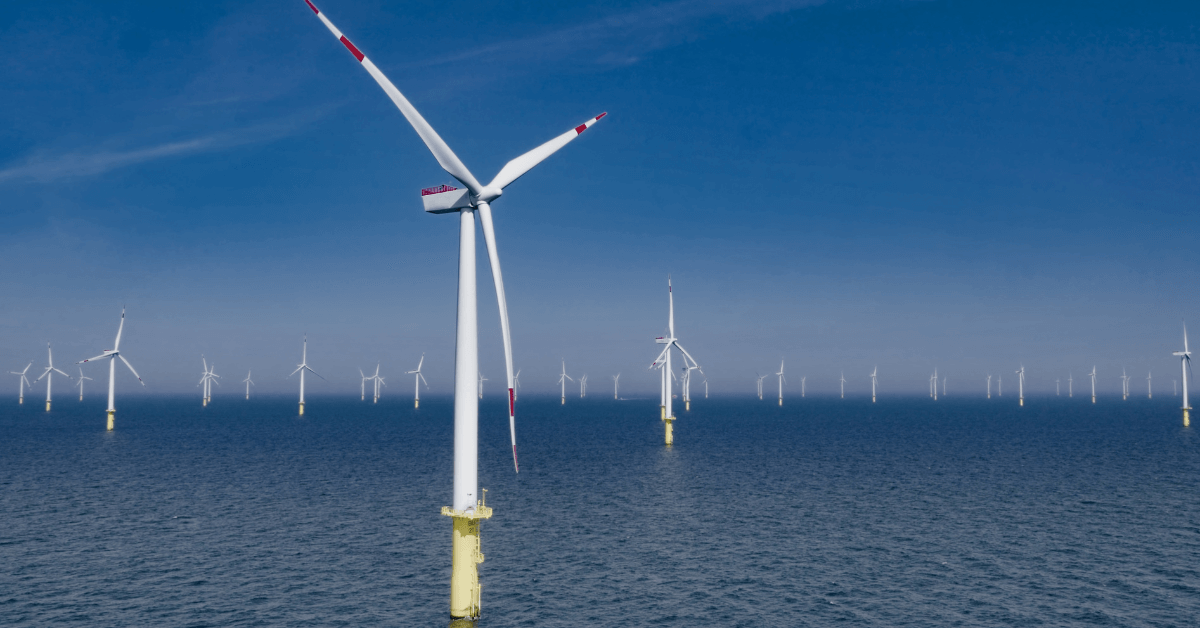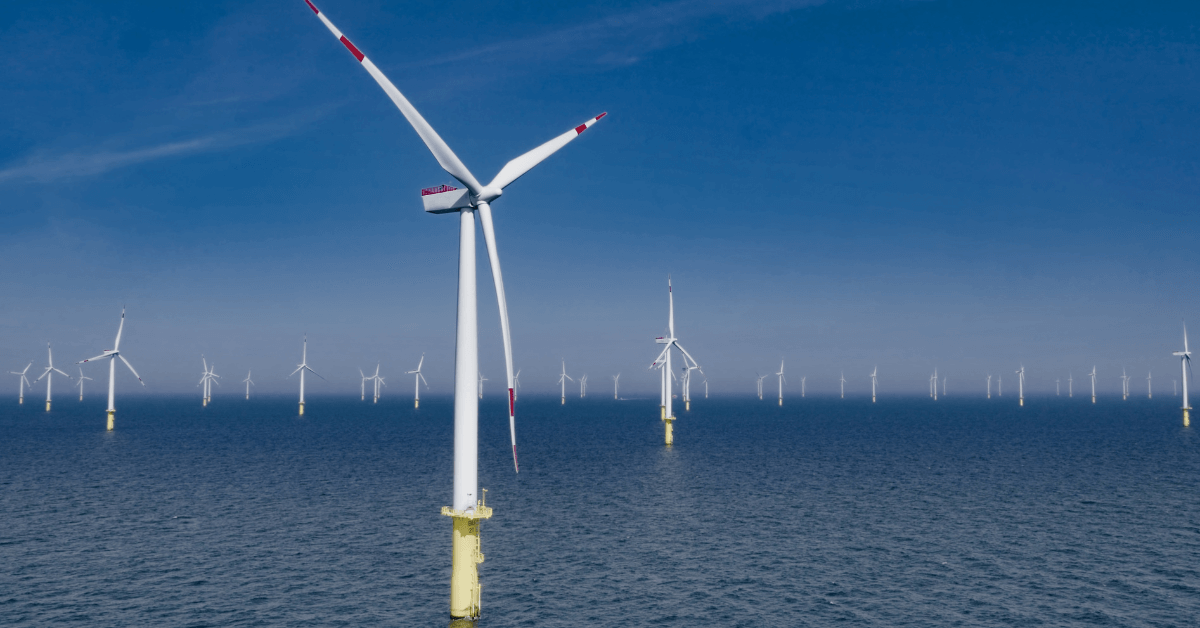
ISWAN Advocates For A Seafarer-Centred Future
April 2, 2025
South Korea Makes Largest-Ever Drug Bust Worth $679.6 Mln At Gangneung Port
April 3, 2025
Germany has ordered offshore wind farms along its northern coast to install radar systems to improve surveillance of ships and drones.
The Federal Maritime and Hydrographic Agency (BSH) confirmed the decision on 2nd April, 2025.
The decision comes after increasing threats linked to Russia’s invasion of Ukraine, and reports of attacks on critical infrastructure.
Authorities have observed that some vessels operate with their navigation systems switched off, making it difficult to track their movements.
Finland’s Coast Guard previously reported disruptions to satellite navigation signals in the Baltic Sea, along with cases of tankers spoofing their location data.
In a recent incident, German authorities initiated customs proceedings after towing the tanker Eventin, which was found drifting in German waters.
The European Union suspects the vessel is part of a “shadow fleet” Russia uses to bypass oil sanctions.
A spokesperson for the BSH confirmed a report by Bild newspaper, stating that offshore wind farms have been asked to install radar systems.
Under the new security standards, which were published in late January and will take effect in 2025, wind farm operators must set up advanced radar technology at suitable structures and provide the collected data to authorities.
BSH official Nico Nolte explained that the data will primarily help secure transport routes and will also be sent to the federal maritime security center in Cuxhaven, which oversees the safety and security of Germany’s coastline.
Companies operating wind farms in the North and Baltic Sea, including utility firms EnBW and RWE, are expected to comply with these new requirements.
Reference: Reuters
Source: Maritime Shipping News


